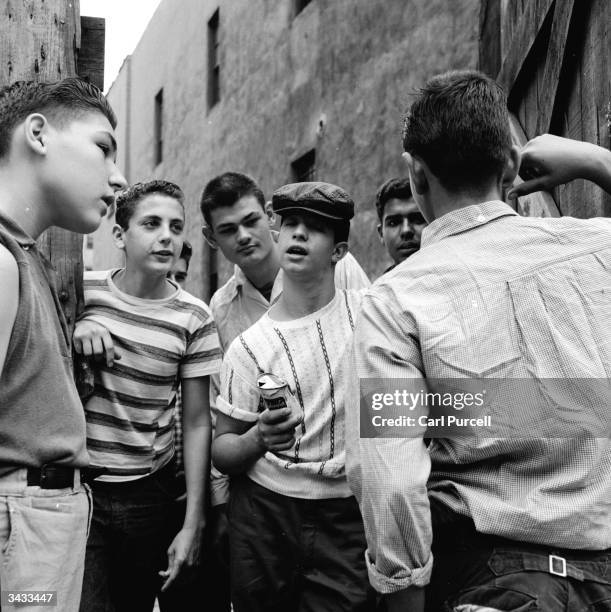Santa Barbara County
Navigating Santa Barbara County Court: A Guide to Understanding the Local Justice System
Santa Barbara County, with its picturesque landscapes and vibrant communities, also has a structured and multifaceted court system designed to handle a variety of legal matters, from civil disputes to criminal cases. Whether you're a resident, visitor, or someone with pending legal issues in the area, understanding how the Santa Barbara County Court operates can help you navigate the system more effectively. This guide provides an overview of the court's structure, services, and resources available to the public.
Overview of Santa Barbara County Court
Santa Barbara County Court is part of California’s Superior Court system, handling all local civil, criminal, family, and juvenile cases under its jurisdiction. The court system aims to provide fair, accessible justice services to all community members. The main courthouse is located in the city of Santa Barbara, with additional facilities spread across the county, including in Santa Maria and Lompoc, ensuring broad geographical access to justice services.
Key Divisions and Services
Civil Division: This division handles non-criminal cases, such as disputes between parties over contracts, personal injury claims, housing disputes, and small claims. For those looking to file a lawsuit or those who are defendants in a civil case, the civil division provides resources and assistance through self-help centers and online services.
Criminal Division: Responsible for handling prosecutions for offenses committed within the county, ranging from misdemeanors to felonies. The criminal division also offers information on bail procedures, arraignment processes, and trial schedules.
Family Law Division: Deals with cases involving family-related issues such as divorce, child custody, spousal support, and domestic violence. The Family Law Division often provides mediators and counselors to help resolve disputes without resorting to contentious litigation.
Juvenile Division: Focuses on cases involving minors, including both dependency (child welfare) and delinquency (juvenile justice) matters. The emphasis is on rehabilitation and the welfare of the youth, offering various programs aimed at preventing recidivism.
Traffic Division: Handles all traffic-related infractions, non-criminal traffic tickets, and some minor offenses. This division also offers online payment systems and traffic school options to help individuals clear their driving records.
Access to Legal Resources
Understanding your rights and navigating the court system can be daunting. Santa Barbara County Court offers several resources to help:
Self-Help Legal Center: Provides free assistance to people who do not have an attorney. Services include help with understanding legal rights and responsibilities, completing forms, and preparing for court.
Online Services: Many court services are available online, including case lookups, document filing, and payment of fines, which can save time and make the legal process more convenient.
Legal Clinics and Workshops: Periodically, the court hosts clinics and workshops on common legal topics such as tenant rights, simple divorce procedures, and estate planning.
Participating in the Justice System
For those looking to serve or engage with the Santa Barbara County Court system, opportunities include:
Jury Duty: Serving on a jury is a vital civic duty and a cornerstone of the American justice system. The court provides detailed instructions and accommodations to make jury service as accessible as possible.
Volunteer Programs: Various volunteer programs such as mediation or victim assistance programs allow community members to get involved and help improve the effectiveness of the justice system.
Conclusion
Santa Barbara County Court serves as a foundational institution for upholding law and justice in the community. By understanding the services and structure of the court, individuals can better navigate their legal proceedings or engage more effectively with the system. Whether dealing with a simple traffic ticket or a more complex legal issue, the resources provided by the court can help guide you through the process. For more specific advice or legal representation, consider contacting a local attorney who specializes in your area of concern.


